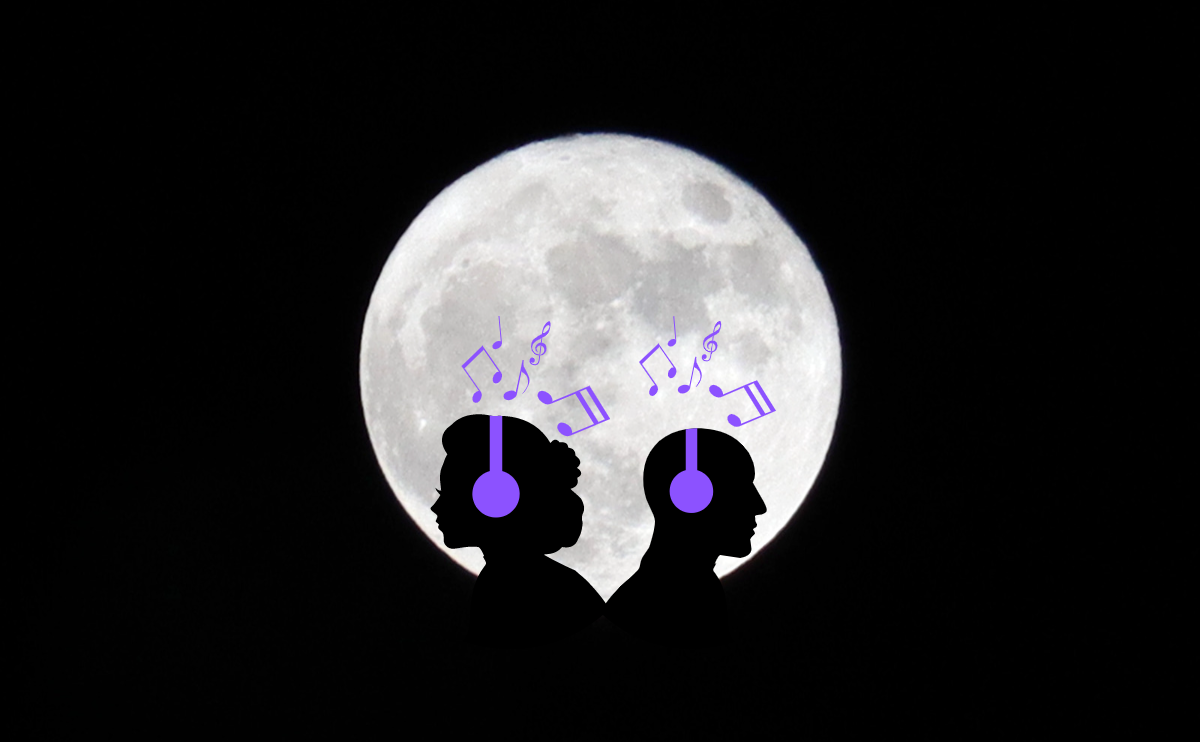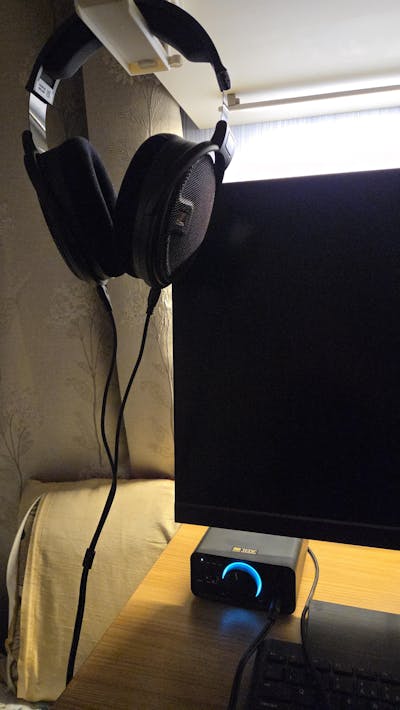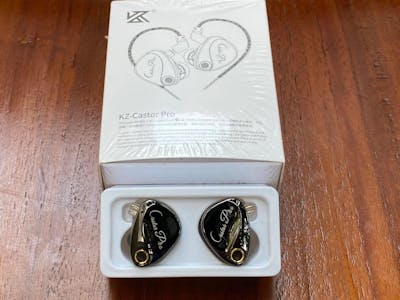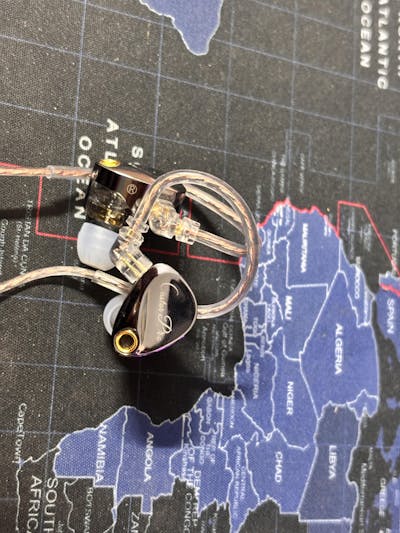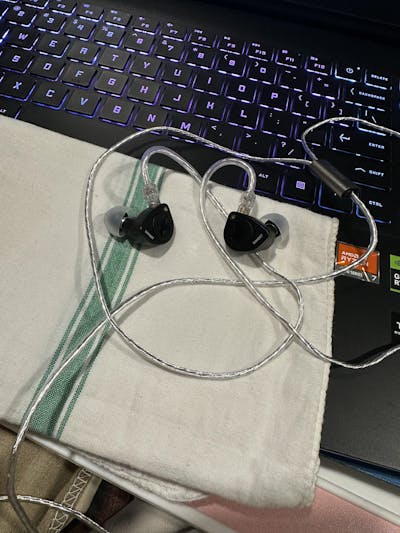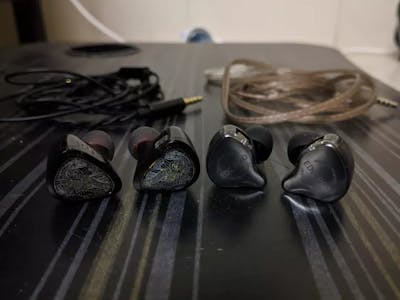Music is a fascinating and complex art form that has the power to affect our mood, emotions, and even physical responses. There is no doubt that music can sound incredible at any time of the day, but there is something special about listening to music at night. Do you agree that music sounds more musical during the night? Have you ever noticed a difference in your listening experience when you listen to music during different times of the day? Let us know in the comments below and share your thoughts on this topic. We would love to hear from you!
Reduced Ambient Noise
One of the primary reasons why music sounds better at night is because there is generally less ambient noise. During the day, there are numerous sounds and distractions, such as traffic, construction work, and people talking, that can disrupt our listening experience. However, at night, the world is much quieter, and we can focus entirely on the music.
Diminished Sensory Input
Our senses are less overloaded at night. During the day, our senses are bombarded with information, such as sights, smells, and sounds. However, at night, there are fewer visual distractions, which can help us focus on the auditory experience of music.
Emotional Connection
Many people find that they have a stronger emotional connection to music when listening at night. This could be because our bodies are naturally programmed to rest and relax at night, making it easier to feel and process emotions. Additionally, music can help us unwind and let go of the stresses of the day, allowing us to be more receptive to the emotional impact of the music.
Psychological Factors
There are also psychological factors at play that contribute to the idea that music sounds better at night. For example, listening to music at night can create a sense of intimacy and privacy that enhances the listening experience. Additionally, many people associate music with social events, such as parties or concerts, which tend to take place at night. As a result, our brains may be primed to enjoy music more during these times.
The Role of Melatonin
Finally, the hormone melatonin may also play a role in why music sounds better at night. Melatonin is a hormone that helps regulate our sleep-wake cycle, and its levels increase at night. Research suggests that melatonin may enhance our perception of sound, making music sound richer and more immersive.
In conclusion, there are several reasons why music sounds better at night. Reduced ambient noise, diminished sensory input, emotional connection, psychological factors, and the hormone melatonin all contribute to the heightened listening experience. So, the next time you want to fully immerse yourself in your favorite music, consider listening at night and see if you notice a difference. Don't forget to let us know in the comments!

